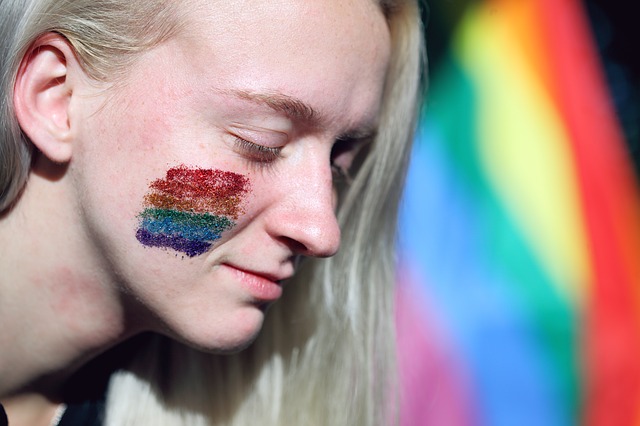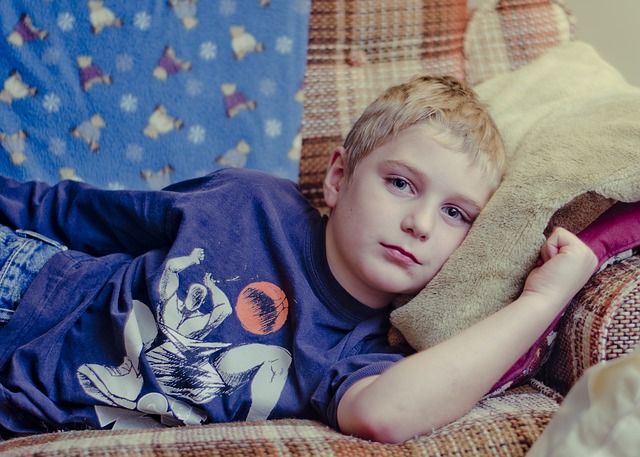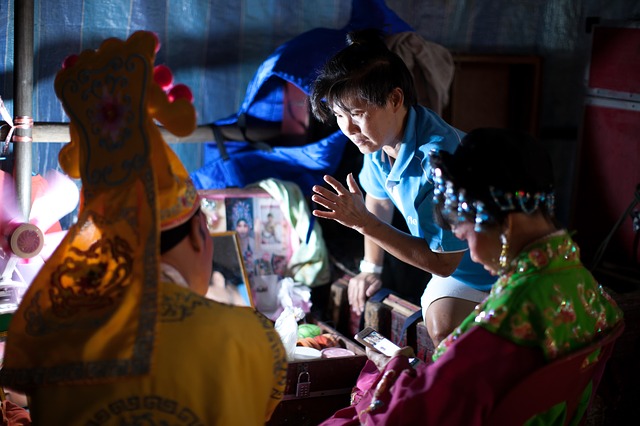Specialties
I provide evidence-based and trauma-informed treatment to various communities for many different concerns including (but not limited to):






















Superhero theory was created by Dr. Janina Scarlet to integrate gaming and pop-culture (sci-fi, fantasy, and other pop-culture references) treatment techniques to help with presentations of depression, anxiety, trauma, and other psychological symptoms. These techniques have been shown to be effective with adults and adolescents alike. A large component of this technique follows that of Narrative Therapy but is integrated with other treatment techniques.
EMDR has been an found to be an effective evidence based treatment modality for PTSD, C-PTSD, acute crises, anxiety and other concerns.
Eye movements or other forms of bilateral stimulation seem to activate your problem-solving process, something that happens during REM sleep when our eyes dart back and forth. By focusing on a specific problem, and both its negative and positive emotions, sensations, and beliefs, then adding bilateral stimulation, your brain begins problem solving. Since you are focused on the specific problem, our brain is able to work through it more effectively than if it randomly comes up while you are sleeping.
(video credit: EMDR International Association)
The Gottman Method of Couples Therapy is based on Dr. John Gottman's research that began in the 1970's and continues to this day. The research has focused on what makes relationships succeed or fail. From this research, Drs. John and Julie Gottman have created a method of therapy that emphasizes a "nuts-and-bolts" approach to improving clients' relationships.
This method is designed to help teach specific tools to deepen frienship and intimacy in your relationship. To help you productively manage conflicts, you will be given methods to manage "resolvable problems" and dialogue about "gridlocked" (or perpetual) issues. We will also work together to help you appreciate your relationship's strengths and to gently navigate through its vulnerabilities.
We have experiences in our life that may have had lasting effects. These experiences are what is described as Big “t” traumas or Little “t” traumas. The big or little "t" identifies the level of intensity the trauma may have had on ourselves. Narrative exposure therapy utilizes the story that has been internalized about the trauma and processes this narrative allowing for reflection of one’s entire life granting a sense of freedom.
A child communicates not only with communication but through play. Play therapy provides a child the ability to share a thought, feeling, emotion, or experience with the greater mastery than through verbal communication. It is also a way to support a child to feel more comfortable with themselves and feel more in control.
ABA is not only a great tool for individuals with Autism Spectrum Disorder but also for any individually wanting to change a behavior. ABA is a treatment approach that looks at behaviors as a response and a way to communicate. With the use of ABA, behavioral interventions and breaking down of the meaning of the behaviors, provides a different way of understanding a behavioral outburst or limited behavioral response.
Your senses could manifest different reactions and feelings from the world around you. Your senses also allow for grounding oneself and remembering of past events. Mindfulness brings oneself into the present and helps to become more self-aware and reflective of thoughts, feelings, and emotions.
My love of helping others extends to future generations of clinicians! I enjoy being a mentor for students at New York University and Brooklyn College were I currently am an adjunct instructor. I am also SiFi certified to continue mentoring students in field placements wherever I may be currently employed.
I have many years of experience providing supervision to social workers, caseworkers, and mental health counselors of all levels. I have worked in high-risk, high pressure environments of psychiatric inpatient settings, crisis programs, outpatient mental health programs, and school-based clinics. With having this exposure and providing supervision in these environments, it allowed me the ability to understand the stress, vicarious trauma, and dedication to working in clinical environments. I enjoy providing supervision to clinicians and pride myself in creating a safe environment.